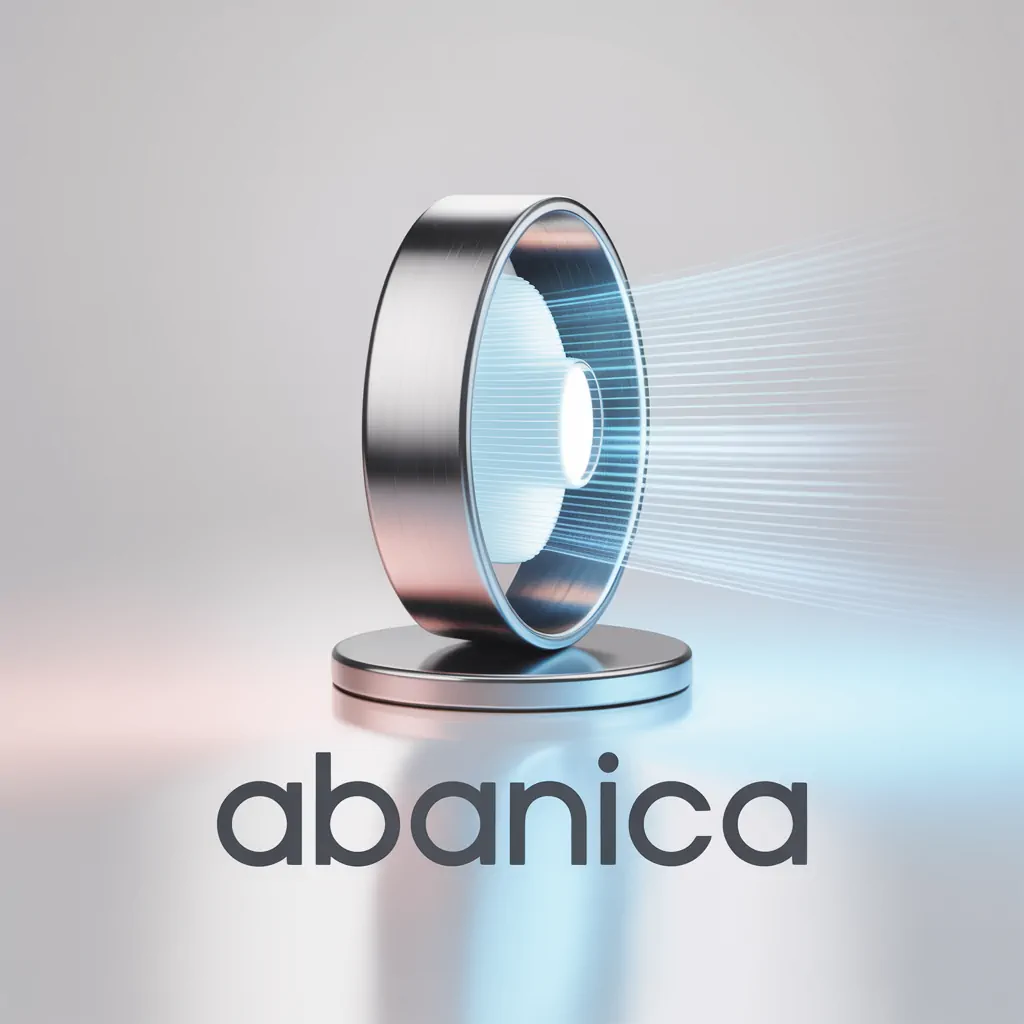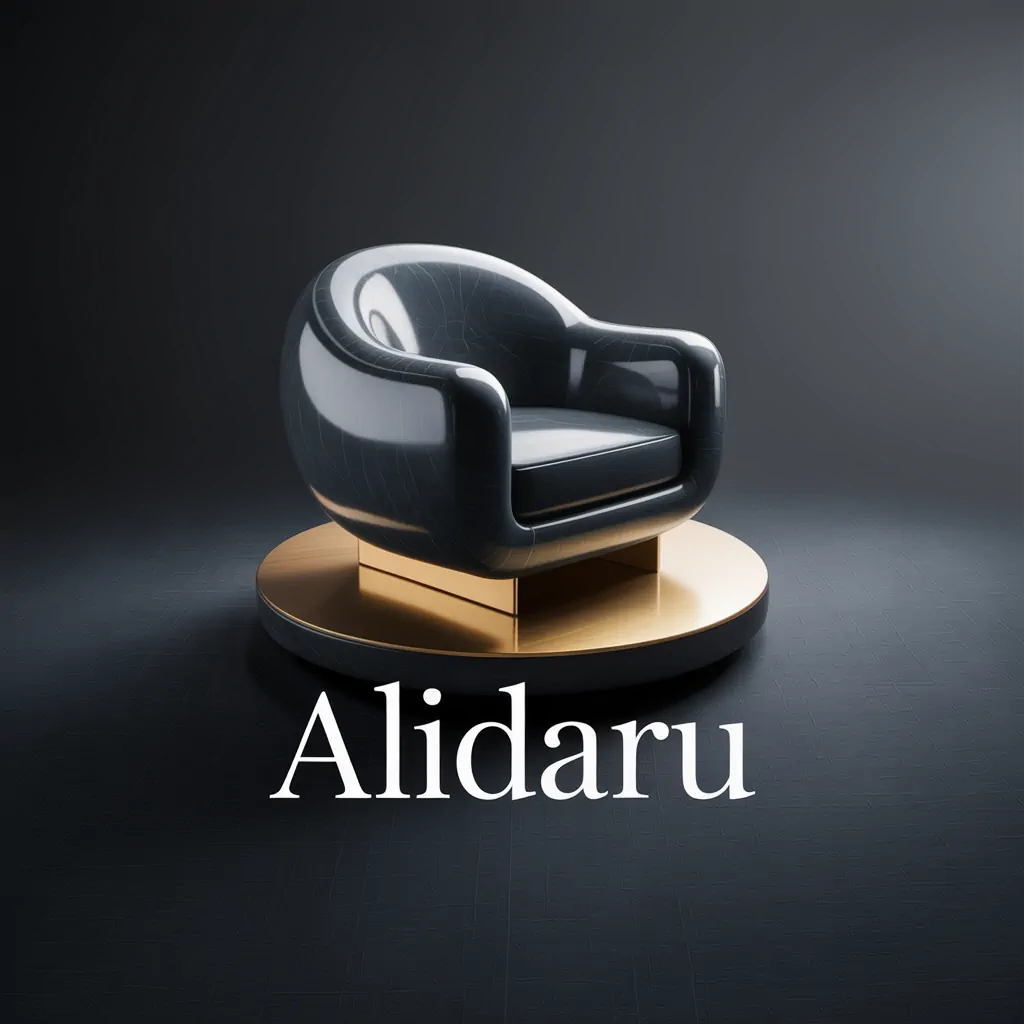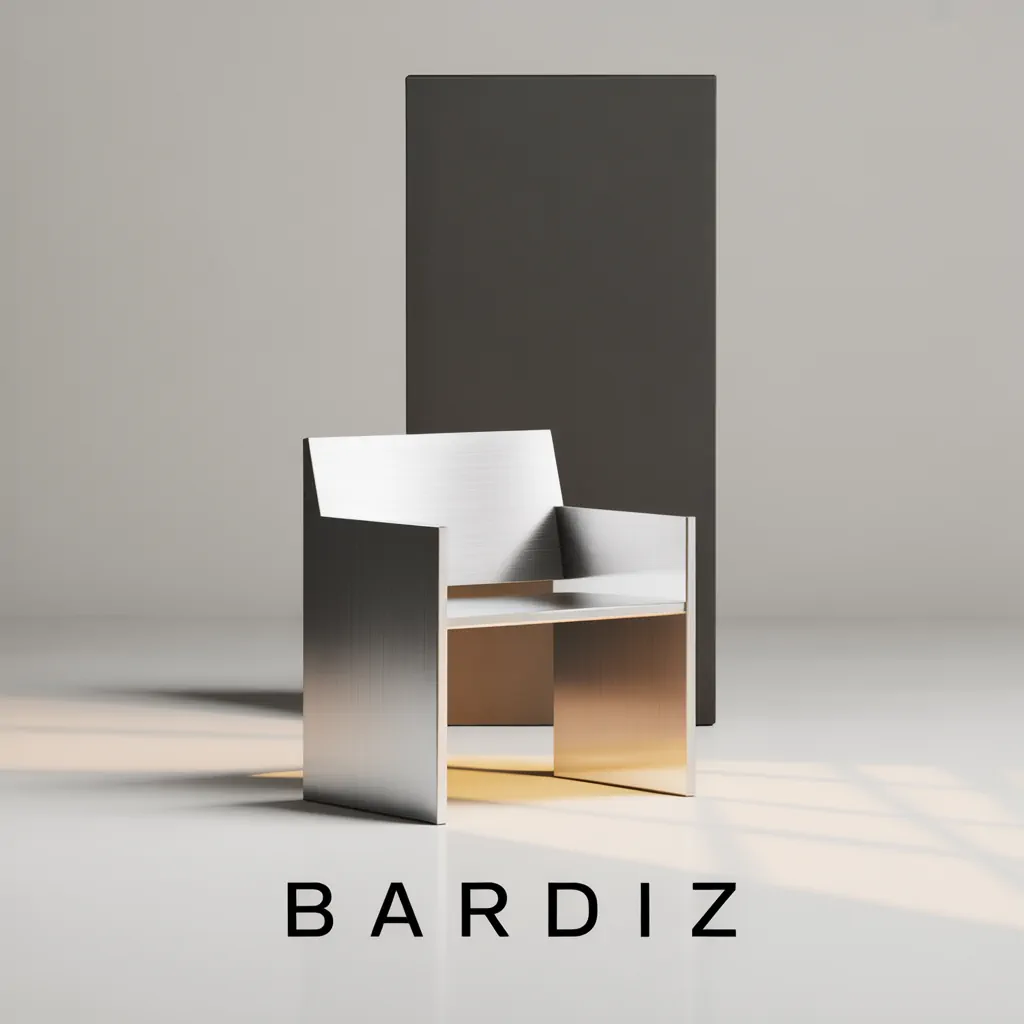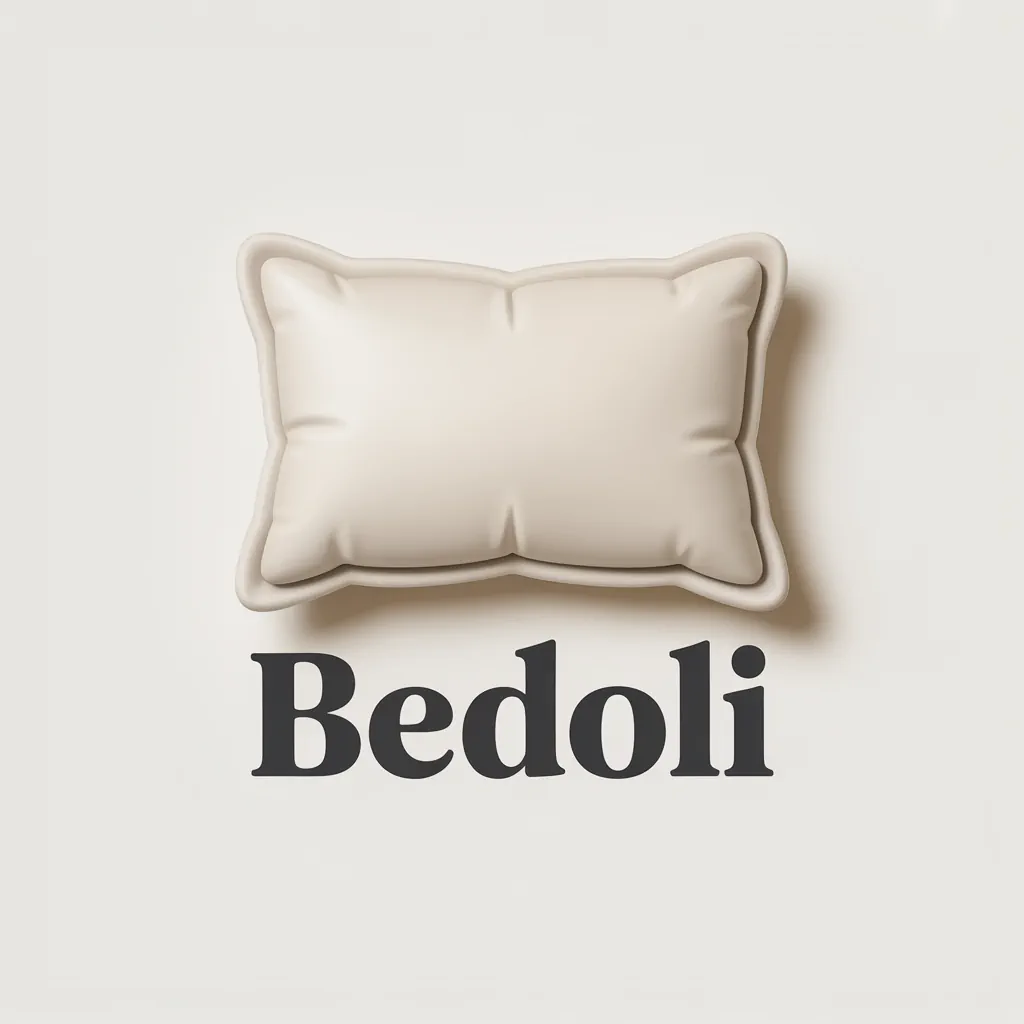Interior Design
Browse premium domain names carefully selected for your industry.
Your business needs a name that shines like your work. Choose a premium .com that’s clean and modern. It will get people clicking. With the right domain, you show quality before they see your mood boards.
Pick brandable .com domains that are short and easy to remember. Short names are great for referrals, social media, and ads. They make you memorable on Instagram, Pinterest, Behance, and Houzz. And, they make your emails and invoices stand out.
Choose a domain with your interior design vision in mind. It should feel unique and work for all types of projects. Skip hyphens, numbers, and confusing bits. Go for easy words, good flow, and a .com ending.
Good domains mean more direct visits, better clicks, and strong brand recognition. Think of it as an investment for your future work and collaborations. Check out Brandtune for brandable domains perfect for design firms. Find a growth-ready name at Brandtune.com.
Why Domain Names Matter for Interior Design Brands
Your domain is the first thing people see on mood boards, client decks, and social bios. It helps set your brand apart for interior designers before anyone sees your work. Short .com names are perfect for business cards, renders, and lookbooks, making your brand look top-notch.
First impressions and brand positioning online
A short address shows careful design. Clean letters are easy to read in logos, emails, and watermarks. It makes your studio look good quickly and helps more people click on your brand online.
Trust signals, memorability, and word-of-mouth referrals
Simple, catchy domain names make it easy for clients to share your business. If they can remember and type it easily, you'll get more visitors. A good name also makes people trust you more, keeping them interested.
Direct traffic vs. search traffic: why the name itself can drive clicks
In a sea of search results, a unique domain can make someone click, even if it's not at the top. A clear name on ads and social media helps people trust you, leading to more clicks. At events, a short domain is also easier to remember, bringing more people to your site without searching.
Choose the Best Premium Domain Name for Interior Design Business
Your domain shapes perception before clients see your work. Aim for the best premium domain for interior design. It should show focus, taste, and scale. Clean domain naming makes every click, call, and referral smoother.
Short, brandable .com names that are easy to say, spell, and remember
Pick a short, catchy .com with 5–12 characters. One to two syllables are ideal. Choose easy spelling and skip doubled letters unless needed. Test by seeing if it's easy to repeat after hearing it once.
Make it simple: no extra words. Good names should be easy to recall, type on phones, and clear on calls.
Balancing descriptive cues with distinctive brand identity
Mix a little context with a unique touch. Add words like “studio,” “house,” or “interior” if they keep it short. It should feel like a brand, not common, supporting clean naming and value.
Your goal is a short domain that suggests skill but also grows with you.
Phonetics, rhythm, and the visual look of the name in logos
Go for easy consonant–vowel flow. Names with two or three beats feel premium and share easily. Skip hard sounds that make sharing tough. Aim for names that sound good out loud.
Look at how it fits in logos. Avoid odd letter pairs. Make sure it works in different fonts. These checks help ensure strong names and the best domain presentation.
Avoiding hyphens, numbers, and confusing modifiers
Avoid hyphens, numbers, and complex terms. They cause mistakes and lower trust. Choose names that are forward-thinking. Clean naming means your message stays clear and your brand remains strong.
Test it out: send voice notes, type it on a phone, and see it on a slide. If it's easy every time, you're on track to finding a great domain for interior design.
Brandable .com Naming Strategies for Interior Designers
Your domain should make people curious and show your taste. Pick names that can grow, are clear, and easy to remember. Aim for a brand that stays top-notch, both today and tomorrow.
Evocative naming: mood, style, and aesthetic cues
Choose words that create a picture: light, line, edge, atelier, loft, arc, grove. These hints show your craft and make your names full of imagination. They show you're picking the vibe, not just selling something.
See how it sounds when said out loud. Does it work well in a pitch? Does it look good with your logo and on photos? If it works, it's a good choice for your naming strategy.
Invented and blended words that feel premium and timeless
Make blended names short, easy to say, and simple to spell. Invented names should look good in your presentations and feel strong in discussions.
Make sure it sounds clear and is easy to say. If your blended name is elegant and free from hard-to-understand words, it's perfect for a lasting brand.
Location-agnostic names for scalable growth
Stay away from names tied to one place. Choose names that work in many places. This kind of naming makes growing into e-commerce, online services, and working in different cities easier.
Focus on a name that doesn't limit you to one place. A name that works for all types of projects, no matter where, is best.
Future-proofing for service expansion and collaborations
Pick a name that allows you to branch out. You might expand into products, fabrics, lights, or furniture. Keep your options open for online designs, scents, and partnerships.
Keep your branding consistent. Use the same base for all your materials. Make sure your online names and tags match. This makes your brand stronger and your names more memorable.
SEO Considerations Without Sacrificing Brandability
Your domain can be short and catchy while your pages top the search. Use a brand-first SEO method. This approach boosts authority with great content and easy navigation. Your identity stays vivid, supporting a growth-focused interior design SEO plan.
How semantic relevance supports rankings beyond exact-match names
Search engines love in-depth topics and clear aims. Focus on semantic relevance with detailed project pages and guides. Include step-by-step case studies. Add guides on materials and lighting. Also, share moodboards and style ideas that meet real client needs.
Your content should clearly answer design queries. Include scope, limits, and results. This way, SEO supports unique domains. Your brand shines. It gets noticed in searches about space planning and color theory.
Using keywords in page titles and content instead of the domain
Keep your domain catchy but add specific terms into titles and content. Highlight different project types and styles. This tactic fits modern SEO and keeps your name unique.
Name your projects and guides consistently. This shows your content's depth, boosting relevance. It shows your brand-first SEO doesn't need an exact-match domain.
Clean URL structures and site architecture that reinforce the brand
Choose a simple, clear structure: /projects/, /services/, /journal/ with clear slugs. Clean URLs make scanning easy and show smart design. Fast pages and sharp images enhance browsing.
Connect journal posts to services and case studies with clear links. This shares authority and boosts your site's relevance. Monitor your site's visits to improve your SEO. Stay true to your brand-first approach and unique domain strategy.
Evaluating Name Candidates Before You Buy
Check each name option with a clear test list to see if it's good for real life. Think about how it sounds to people, how they type it, and share it. Make sure this process is quick, can be done many times, and uses simple data.
Radio test, email test, and type-in test for usability
Begin with the radio test for domains: say a name out loud once and ask someone to spell it. If they can't spell it right away, think about changing its spelling or choose another. Next, try an email test with the domain format to catch similar letters, like l and I or O and 0.
End with a type-in test on mobile devices. Get a few people to type in the name and see how many mistakes they make and how long it takes. Keep track of how each name performs. This way, you can pick the best one.
Social handle alignment and consistent naming across channels
Look if the social media handles are available on platforms like Instagram, Pinterest, LinkedIn, and TikTok. Try to get handles that are the same or very similar to reduce problems and keep your brand consistent. If the ideal handle is taken, try short and clear alternatives that fit your brand.
Make sure the name looks good in bios, captions, and videos. Pick handles that work well for new projects, partnerships, and community events without any mix-ups.
Competitor landscape scan to stand out in search results
Do a name competition check among top interior design studios in your area. Spot common words like “studio,” “atelier,” and “collective.” Then, pick a name that stands out but still feels high-end. Search for the name in quotes online to see how unique it is.
See if you can dominate the first page of search results with your content, mentions in the press, and project pages. A unique name makes PR, showing your work, and managing your brand easier over time.
Long-term brand storytelling potential
Think about if the name can tell your brand's story, including where it came from, how things are made, and your work process. See if it fits well with product lines, seasonal campaigns, and collaborations. It should also work well in documents, proposals, bills, and emails that use your domain name.
Try the name in email signatures, presentation bottoms, and mock brand materials. If everything looks and sounds coherent across different platforms, then it's a good name choice for growing your brand.
Where to Find Premium Brandable .com Domains for Interior Design
Start your search at a premium domains marketplace. It should offer short, stylish .com names for creative firms. The names should be clear, brief, and sound strong. Look for beautiful letter shapes and symmetry. The name should hint at quality and skill without limiting your studio.
Platforms like Brandtune offer premium domains and domains just for interior design. They make it easy to ignore bad listings and find the good ones quickly.
Have a checklist for choosing: say the name out loud, type it quickly, and imagine it in your designs. Pick names that are easy to read on phones and look good as logos. Look for packages that come with branding help. This includes logo suggestions and color schemes. When you pick a .com name for your design work, make sure it fits your content, services, and portfolio. This helps your website grow right from the start.
Check everything carefully before you decide. Make sure the social media names are free on Instagram, Pinterest, LinkedIn, and X. Test the name on the radio and in emails to avoid mix-ups. If you're changing your brand, set up redirects. Keep your contact info the same. Also, update all your bios, emails, and project lists at once. This keeps your value and guides traffic smoothly.
Thinking of changing? Look at special interior design domains in a trusted marketplace. Check out Brandtune's premium domains. They can give your studio a classy, unforgettable name. Start your new brand with confidence.




















